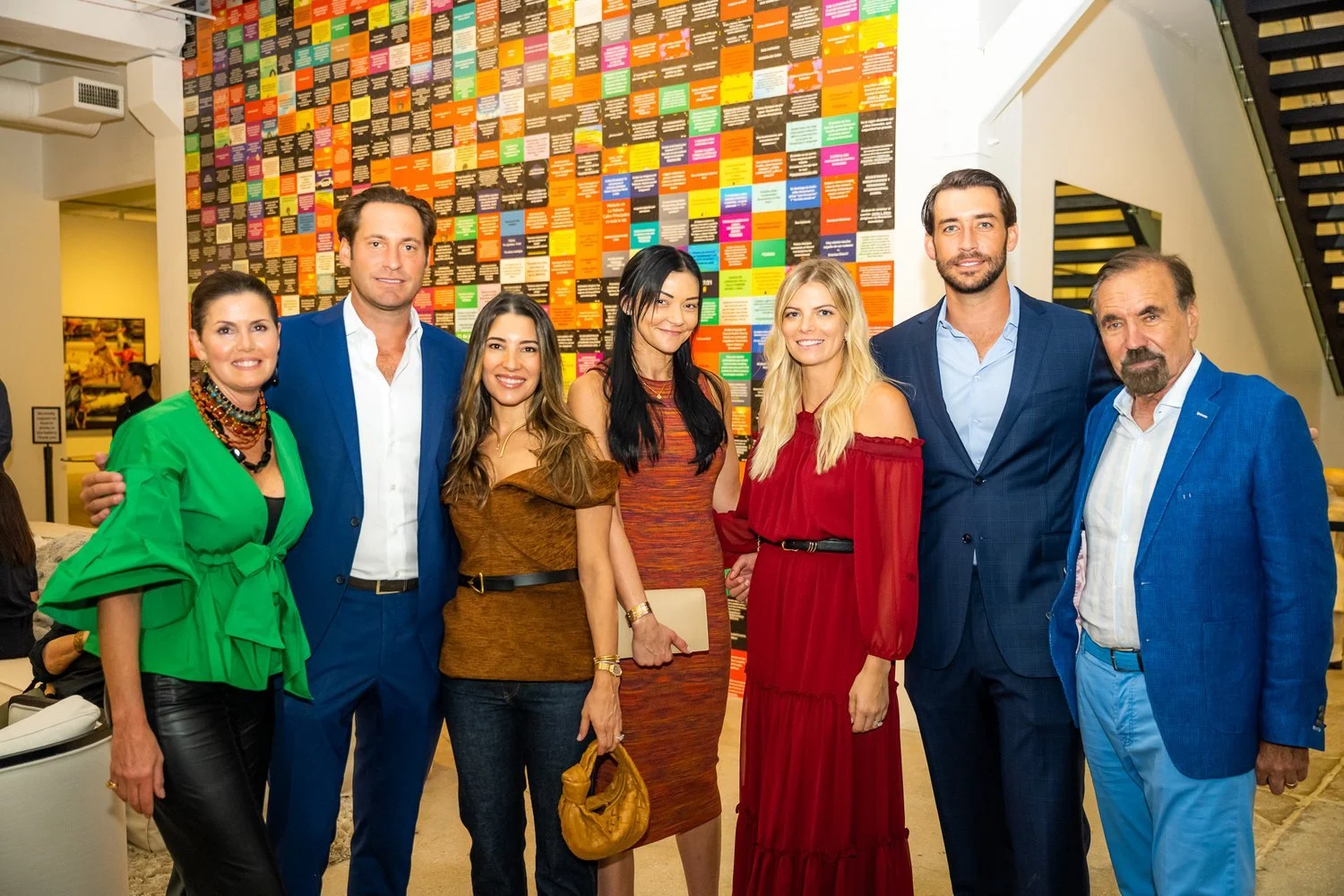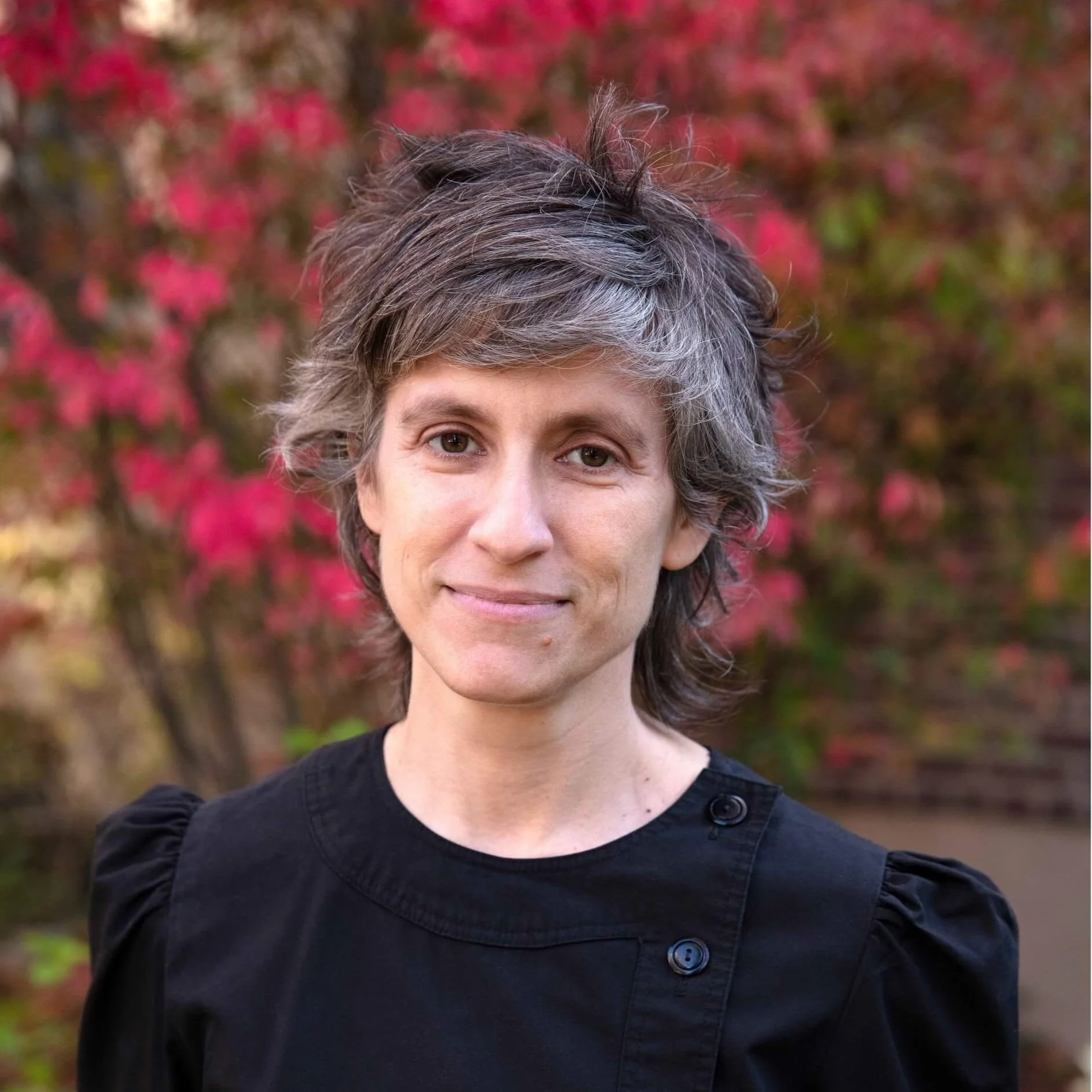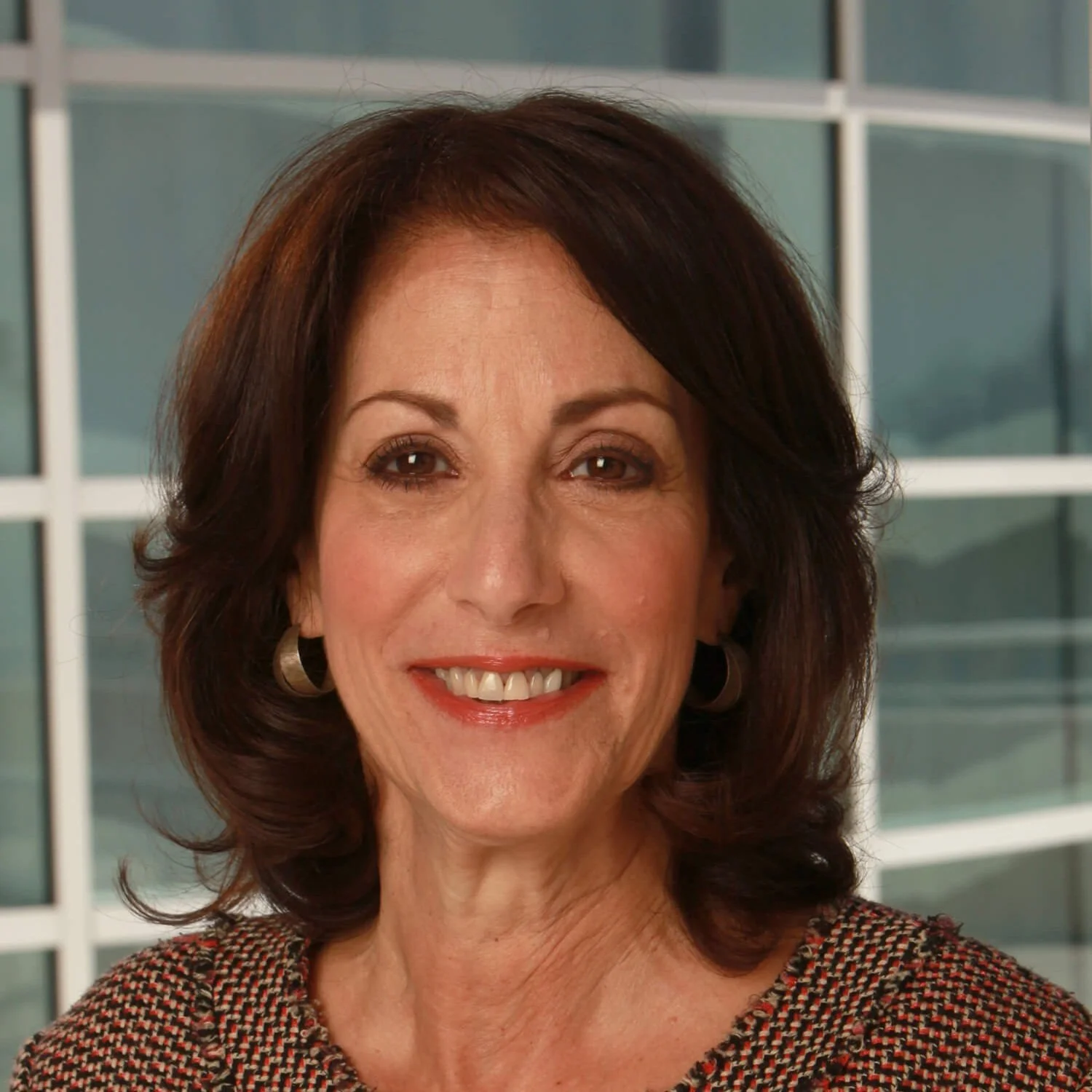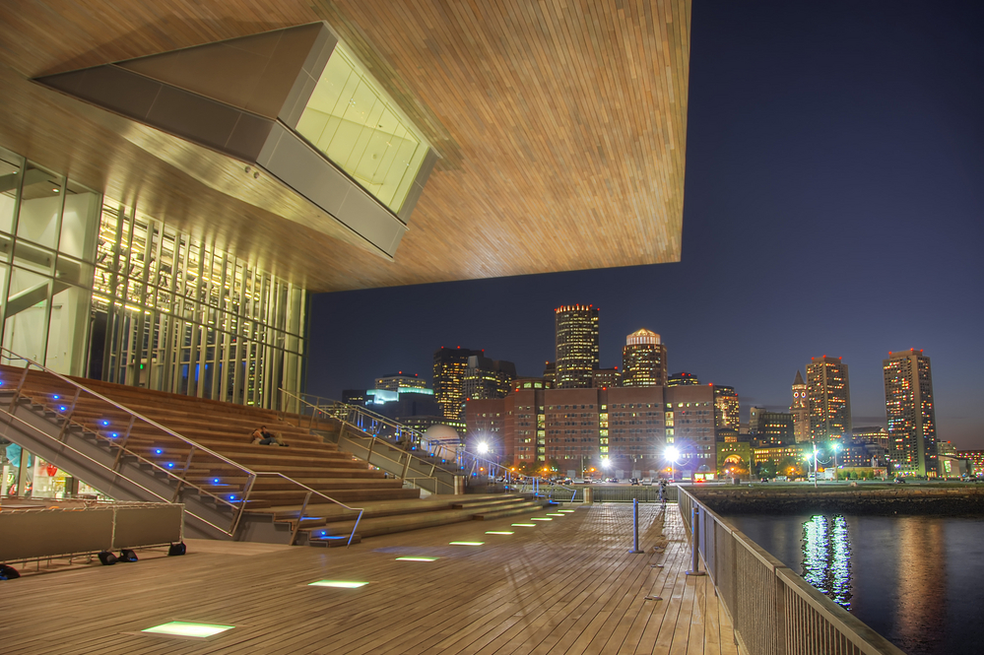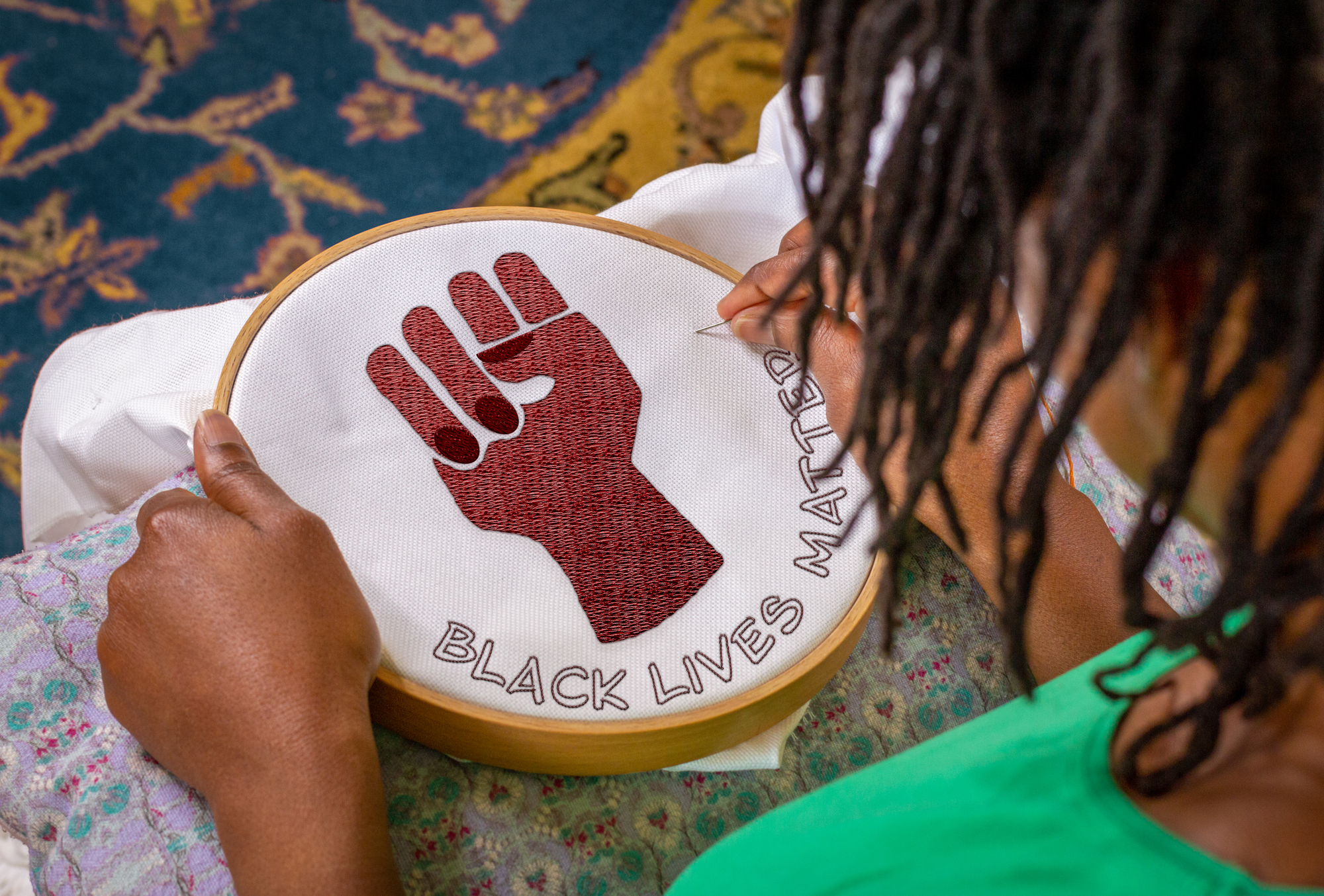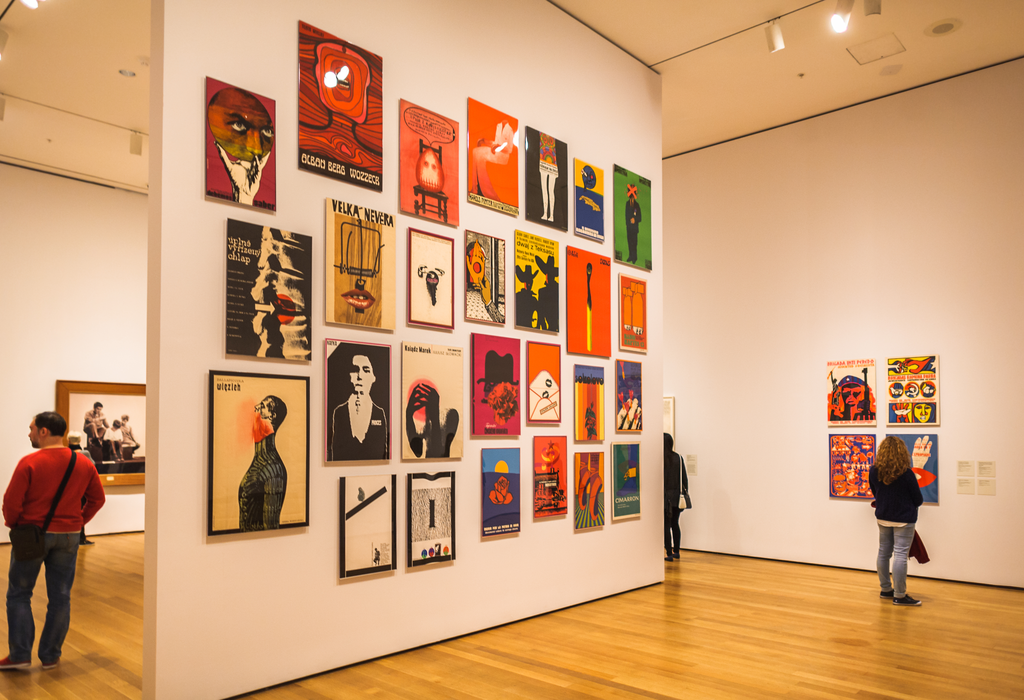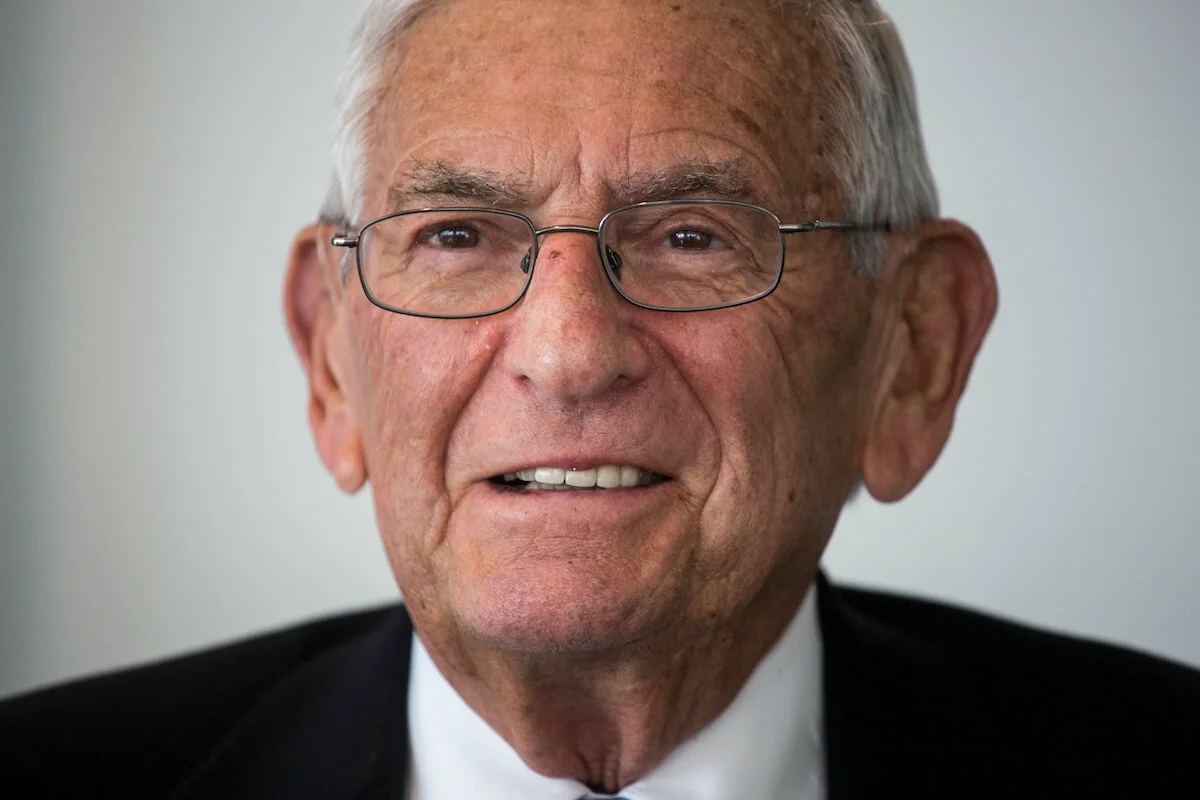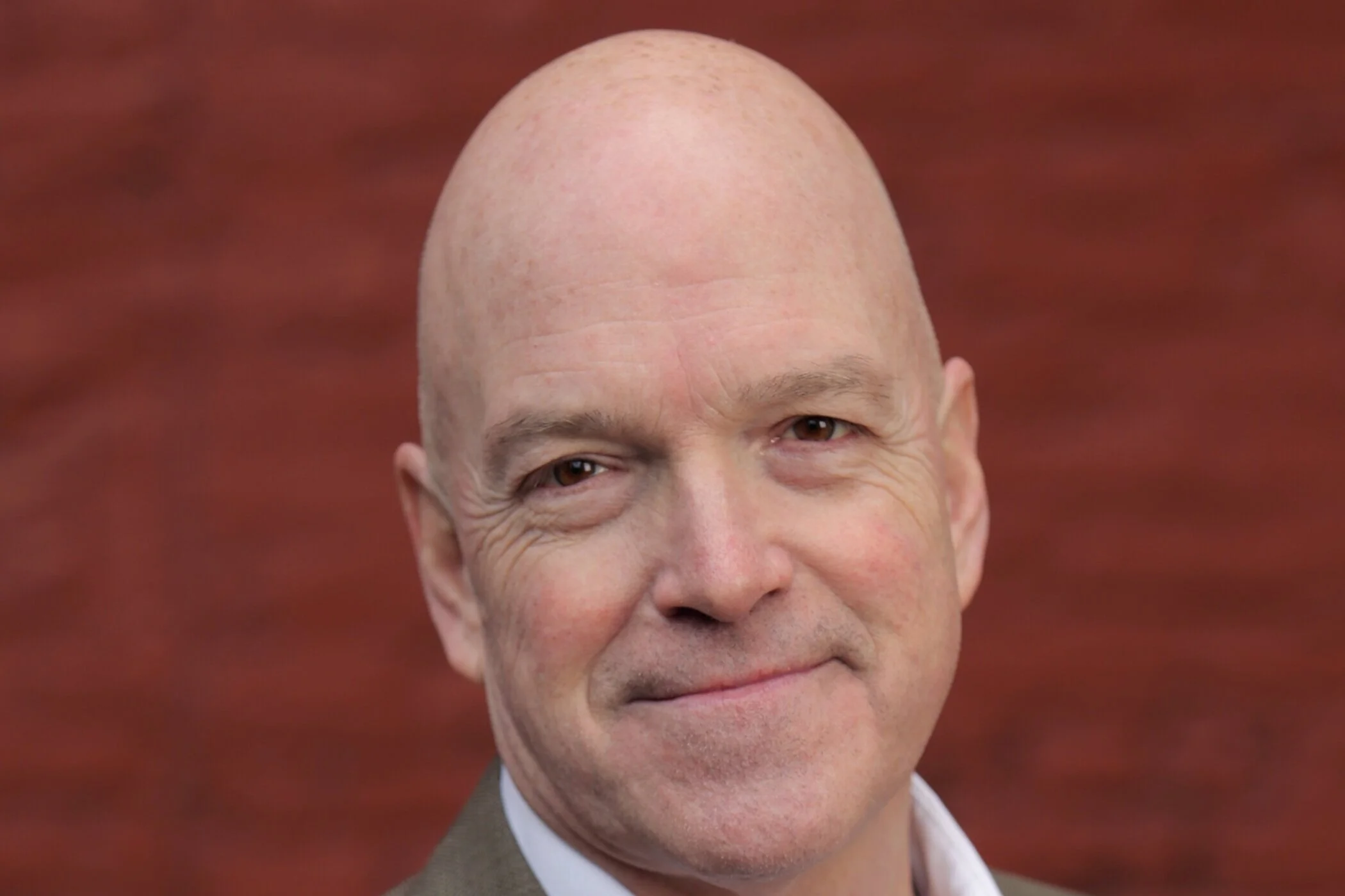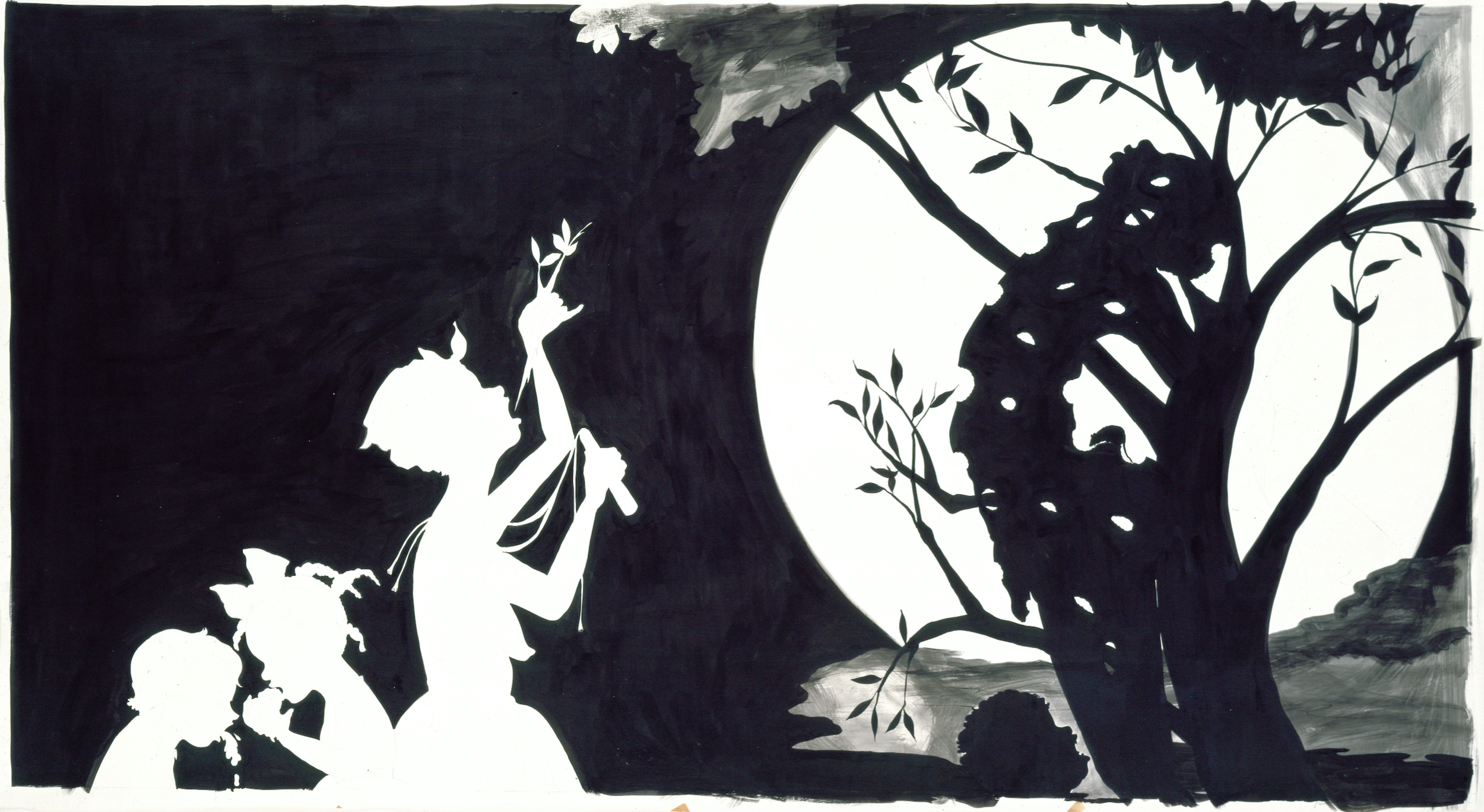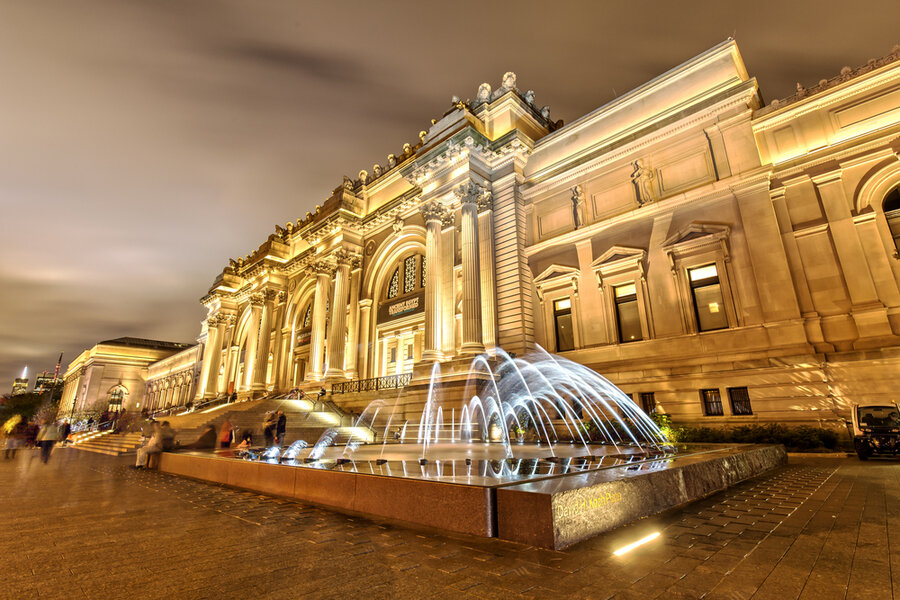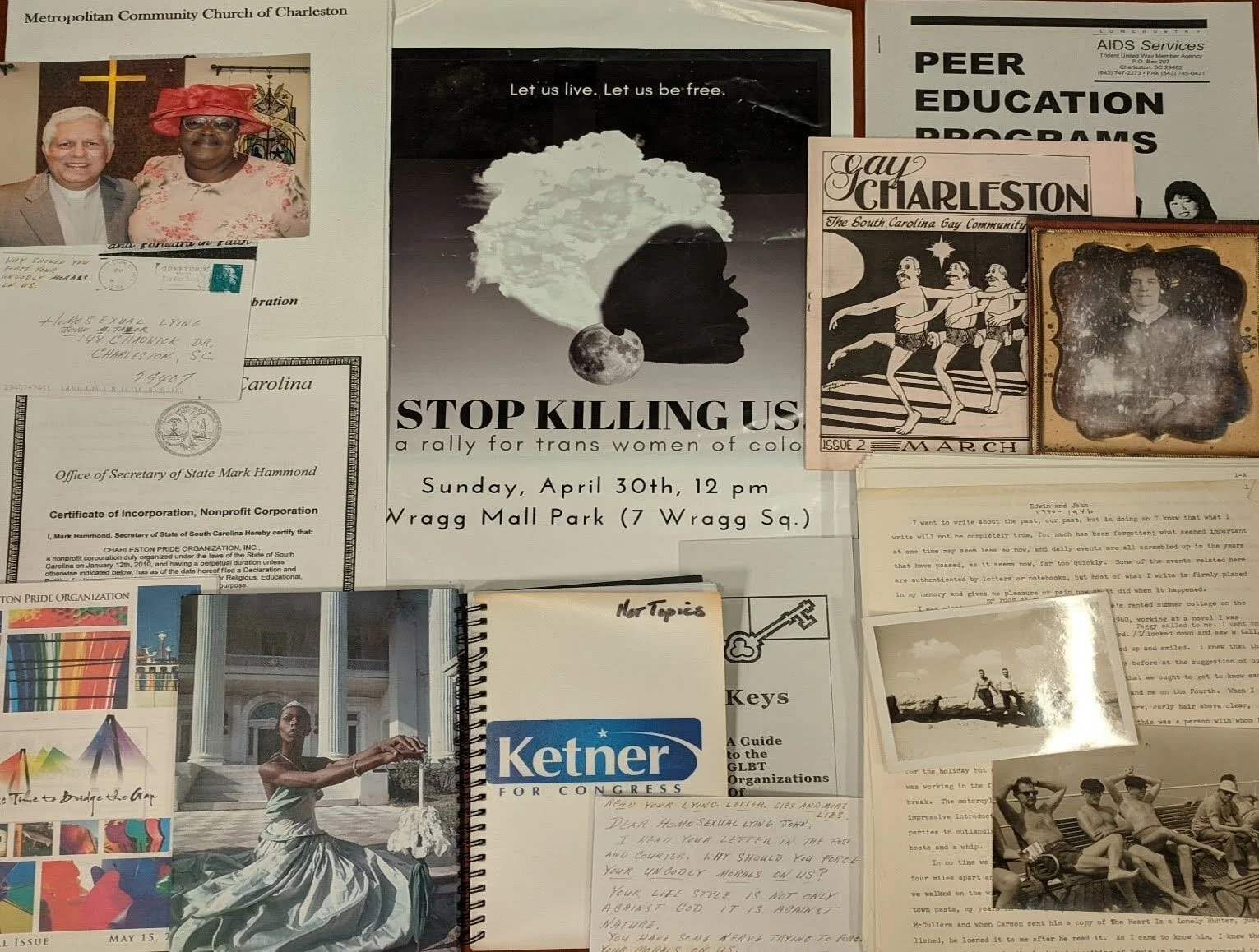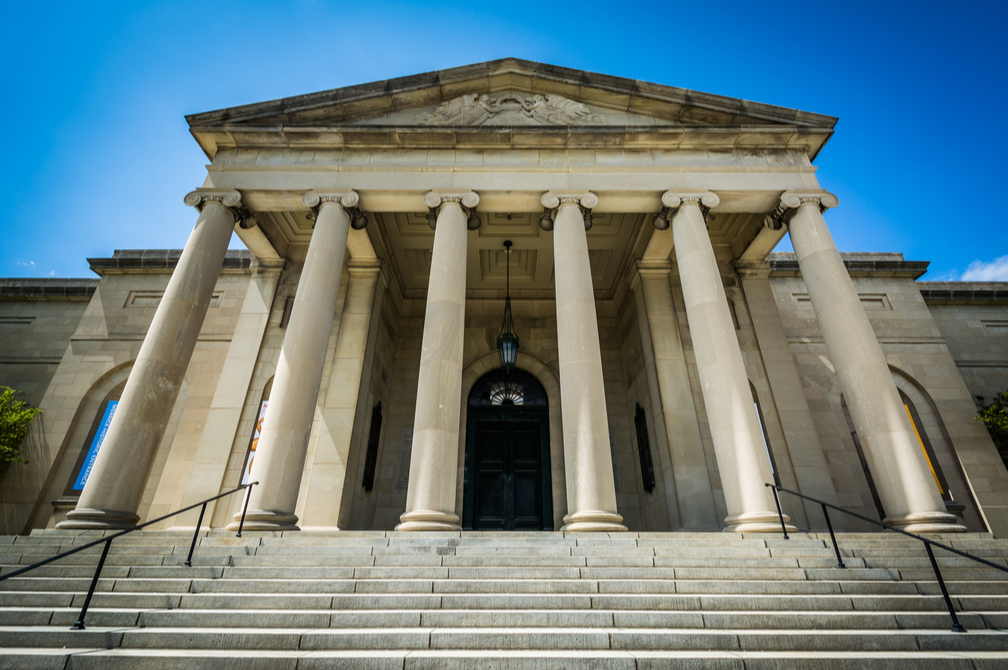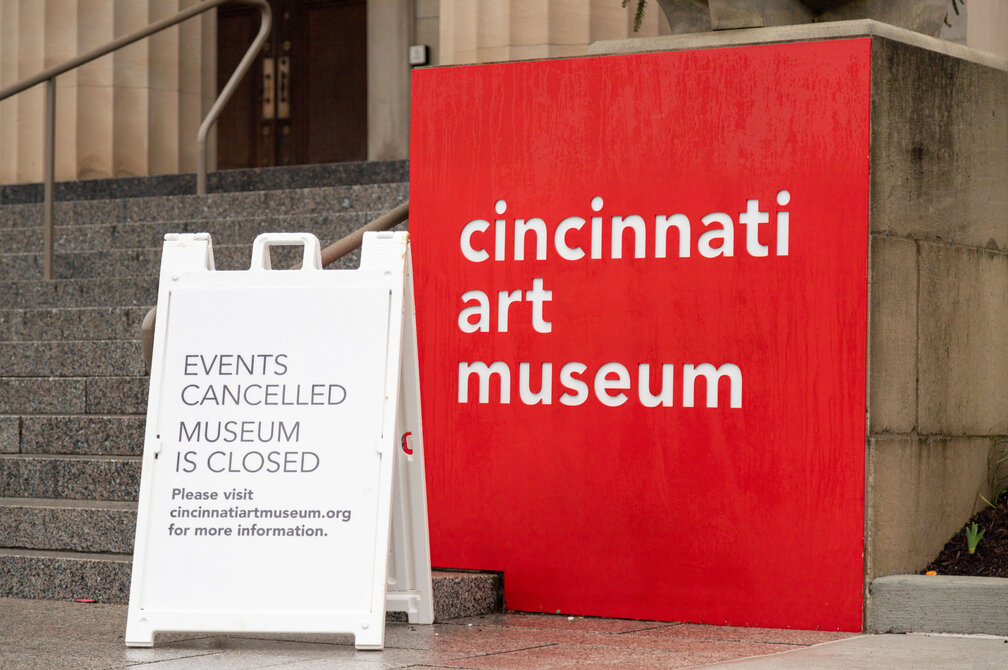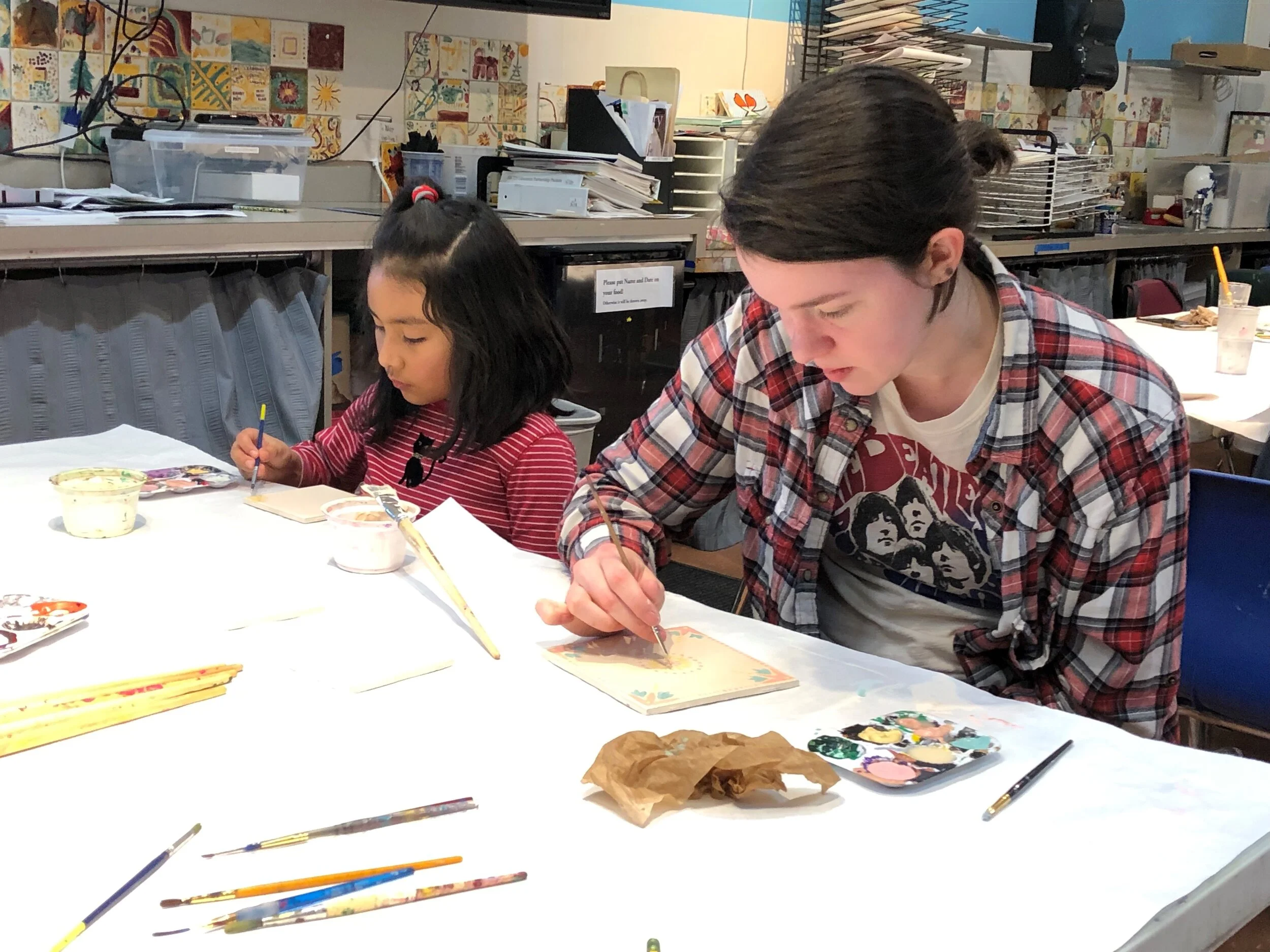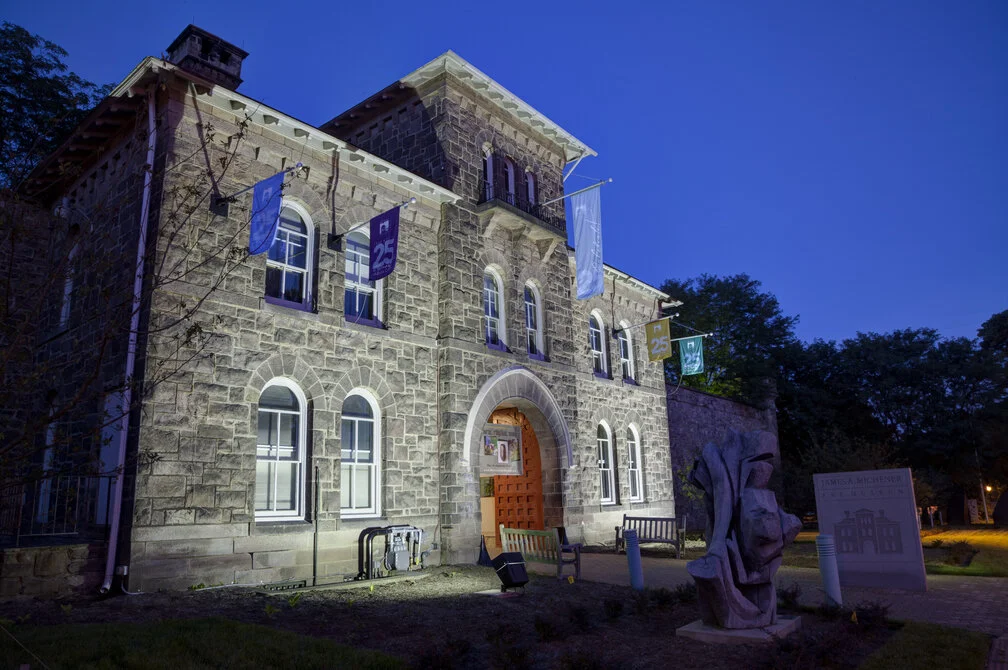Does It Matter Where the Money Comes From? Controversy and an Art Prize
/Let's start with the basics. Multi-millionaire Rick DeVos started ArtPrize as a means to support artists in his native Michigan, and the numbers speak for themselves.
ArtPrize recently announced it will be giving out $220,000 in support grants for its seventh annual exhibition opening this fall. What's more, ArtPrize announced a new $40,000 curatorial fellowship program that will provide $10,000 to four fellows "working alongside the curatorial department of four major institutions to create exhibitions in their space while also curating their own exhibition at a separate location under the mentorship of the major institution." These four fellows include the Grand Rapids Art Museum, Kendall College of Art and Design, SiTE:LAB, and Urban Institute for Contemporary Arts.
And while ArtPrize is scaling back its individual cash prizes from $560,000 to $500,000, it's rolling out another new offering, a $30,000 venue-grant program, which will support the spaces that organize exhibitions featuring the 25 artists who participate in the ArtPrize exhibition and competition.
Last but not least, ArtPrize also has a public vote prize. Anila Quayyum Agha won last year's public vote prize for her piece "Intersections." Phew. A lot to process, right? What could possibly go wrong? Quite a lot, apparently.
Let's start with the public vote prize. The concept is inherently controversial. If the general public votes on the best art, the argument goes, it's simply a popularity contest rather than a "serious" analysis of "serious" art. Personally, I find the argument to be overblown.
Foundations like Knight have shown that public voting—spoiler alert!—engages the public, which, of course, is a great thing. And the same can be said in Grand Rapids, Michigan. DeVos said the inevitable controversies resulting from 400,000 visitors interacting with the artwork is just part of the deal. "Every year, we're going to have little flare ups—'this thing is so offensive, this thing is so schlocky,' or whatever," he said. "The high and low of ArtPrize is very much part of the model."
Which brings us back to DeVos himself. He comes from a very wealthy family that made their fortune by founding Amway—e.g., "multi-level marketing," which is a subtle term describing a pyramid scheme. They have ties to private military contractor Blackwater and have been major donors to many organizations on the right side of the political spectrum. In fact, one artist who was a jury-picked for the ArtPrize, Steve Lambert, pledged to return his winnings because the DeVos family is on the "wrong side of the fight for civil rights for LGBT people."
This underscores a deeper question. To what extent do nonprofits consider the political viewpoints of the organizations that fund them? What's more, under what circumstances should they flat-out refuse funding?
Any thoughts along those lines?












